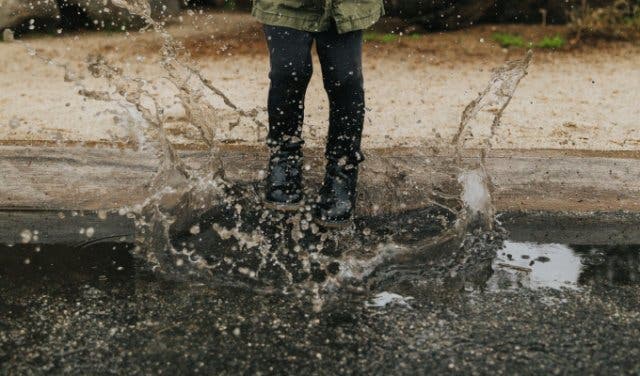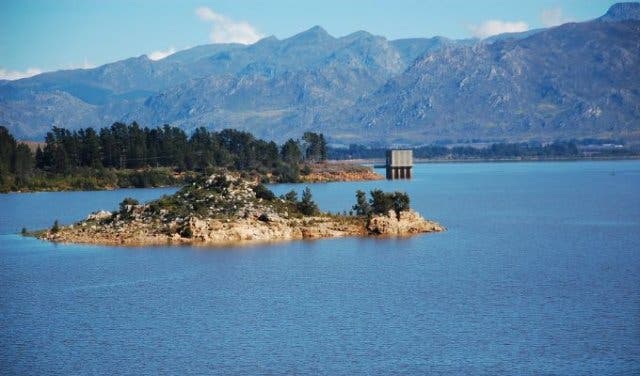AFRICA

Past as Prologue
Many experts predicted another public health disaster in Africa due to the coronavirus pandemic.
They were wrong.
Impoverished, lacking infrastructure and good governance systems, unprepared for climate change and already struggling against other diseases, African countries were supposed to be especially vulnerable to the scourge that has killed more than 1 million people worldwide. Instead, many African countries have weathered the storm of COVID-19 far better than the US or other richer countries.
“I thought we were heading towards a disaster, a complete meltdown,” South African virologist Shabir Madhi told the BBC. But it never happened. Madhi speculated that South Africans living in crowded conditions might have created “pre-existing cross-protective immunity.”
Reporting in some African countries is difficult. One can’t always trust health ministries in authoritarian countries. Yet most forecasts of African deaths from earlier this year have turned out wrong, Quartz reported. Africa has 17 percent of the world’s population but only 3.5 percent of deaths from Covid-19.
Many Western media outlets have expressed wonder. “Scientists can’t explain the puzzling lack of coronavirus outbreaks in Africa,” wrote the New York Post in a headline.
Washington Post Global Opinions Editor Karen Attiah didn’t appreciate the skepticism. “It’s almost as if they are disappointed that Africans aren’t dying en masse and countries are not collapsing,” she argued.
The continent has fared well in part because of past public health emergencies. Liberia has a robust health infrastructure due to the Ebola outbreak there, and introduced aggressive screening, especially at airports. Rwanda has doctors and clinics that have been battling HIV/AIDS. All their numbers have been low relative to the spread in the US.
Some of the giants of the continent – Algeria, Ethiopia and Nigeria – are facing bigger outbreaks, NBC News reported. But the infection rate has likely already peaked in much of the continent, added the Guardian.
The pandemic is playing out differently in Africa, Devex explained. More than 90 percent of the cases in sub-Saharan Africa are among folks younger than 60 – a larger share of the population than in most developed countries – the reverse of the experience in richer regions. More than 80 are asymptomatic, far higher than elsewhere in the world, too.
Continent-wide institutions like the Africa Centers for Disease Control have also exchanged information and orchestrated responses, Voice of America wrote, making Africa an example for the world about how to coordinate public health across numerous jurisdictions, bureaucracies, personalities and politicians.
Regardless, some are saying that the lowliest enemy has brought the mightiest to their knees while the forgotten stand tall.


